Member Directory (1847 - 1922)
< Previous 1887–1906 of 3383 results. Next >
-
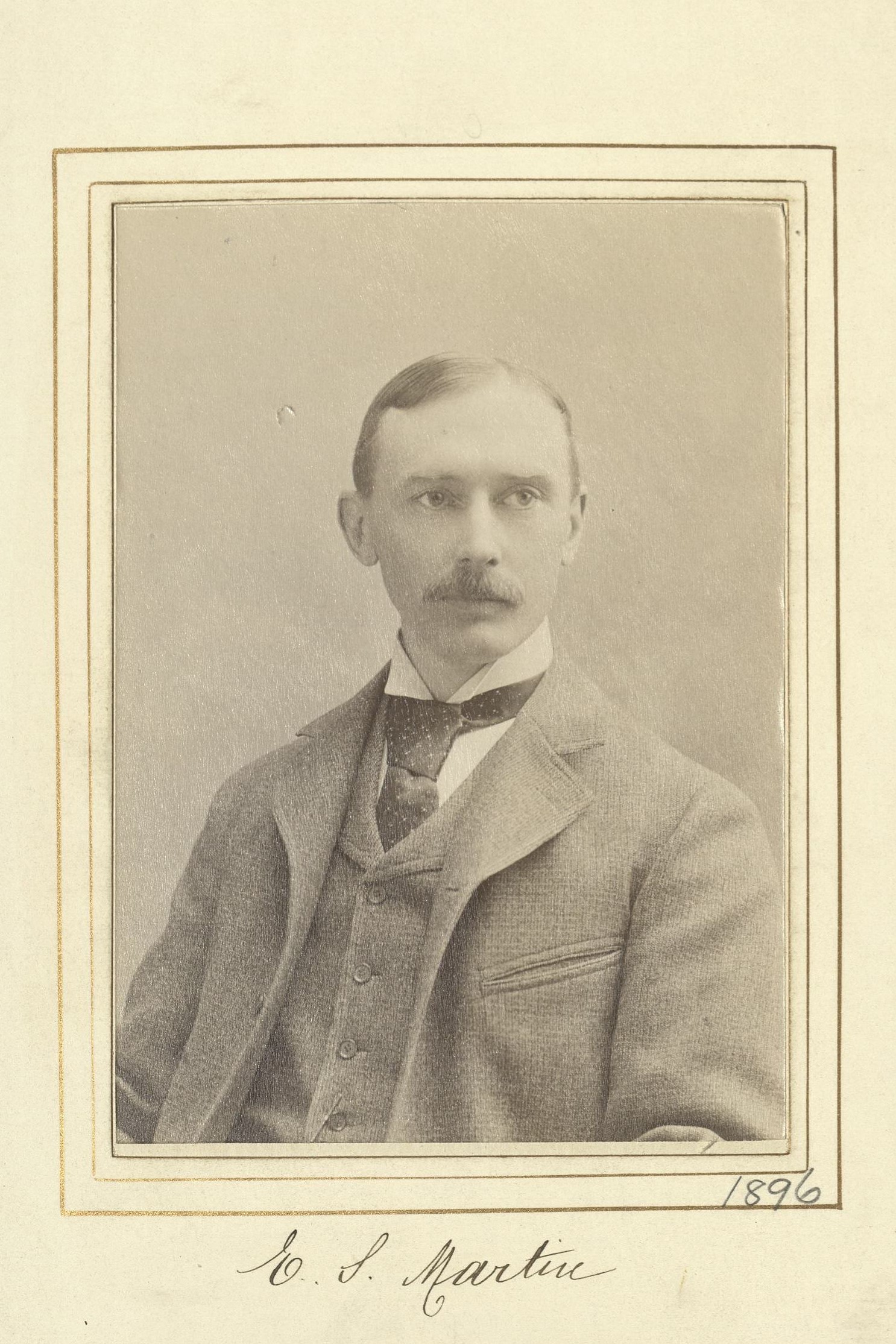 Edward S. MartinLiteratureCenturion, 1896–1939
Edward S. MartinLiteratureCenturion, 1896–1939 -
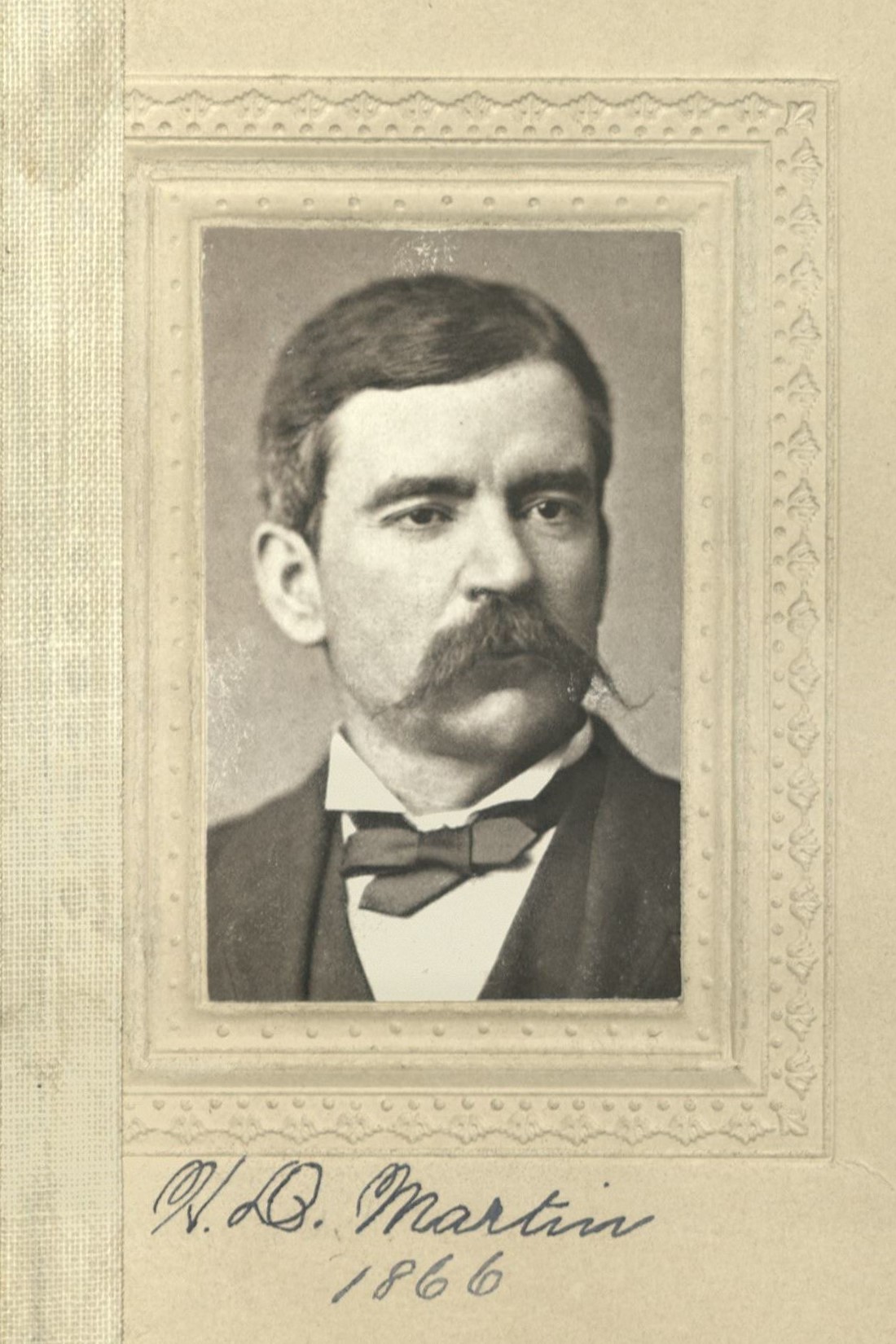 Homer D. MartinArtistCenturion, 1866–1897
Homer D. MartinArtistCenturion, 1866–1897 -
 Newell MartinLawyerCenturion, 1900–1941
Newell MartinLawyerCenturion, 1900–1941 -
 Walton MartinPhysicianCenturion, 1905–1949
Walton MartinPhysicianCenturion, 1905–1949 -
 William M. MartinLawyerCenturion, 1898–1923
William M. MartinLawyerCenturion, 1898–1923 -
 Alexander Taylor MasonLawyerCenturion, 1906–1920
Alexander Taylor MasonLawyerCenturion, 1906–1920 -
 D. G. MasonPublisherCenturion, 1861–1869
D. G. MasonPublisherCenturion, 1861–1869 -
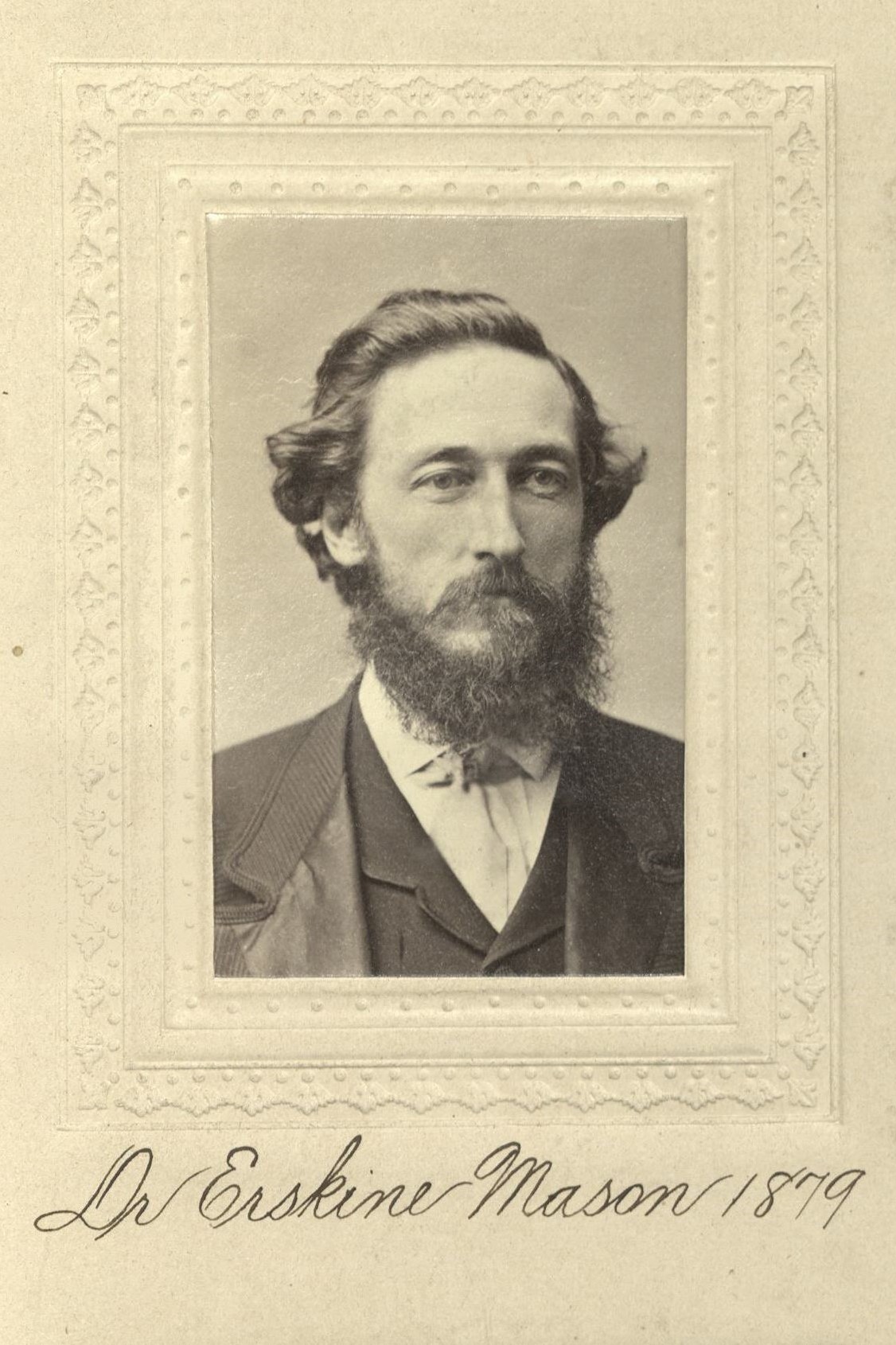 Erskine MasonPhysicianCenturion, 1879–1882
Erskine MasonPhysicianCenturion, 1879–1882 -
 Emmanuel L. MasquerayArchitectCenturion, 1905–1917
Emmanuel L. MasquerayArchitectCenturion, 1905–1917 -
 Arthur H. MastenLawyerCenturion, 1903–1935
Arthur H. MastenLawyerCenturion, 1903–1935 -
 Frank Jewett Mather Jr.EditorCenturion, 1905–1953
Frank Jewett Mather Jr.EditorCenturion, 1905–1953 -
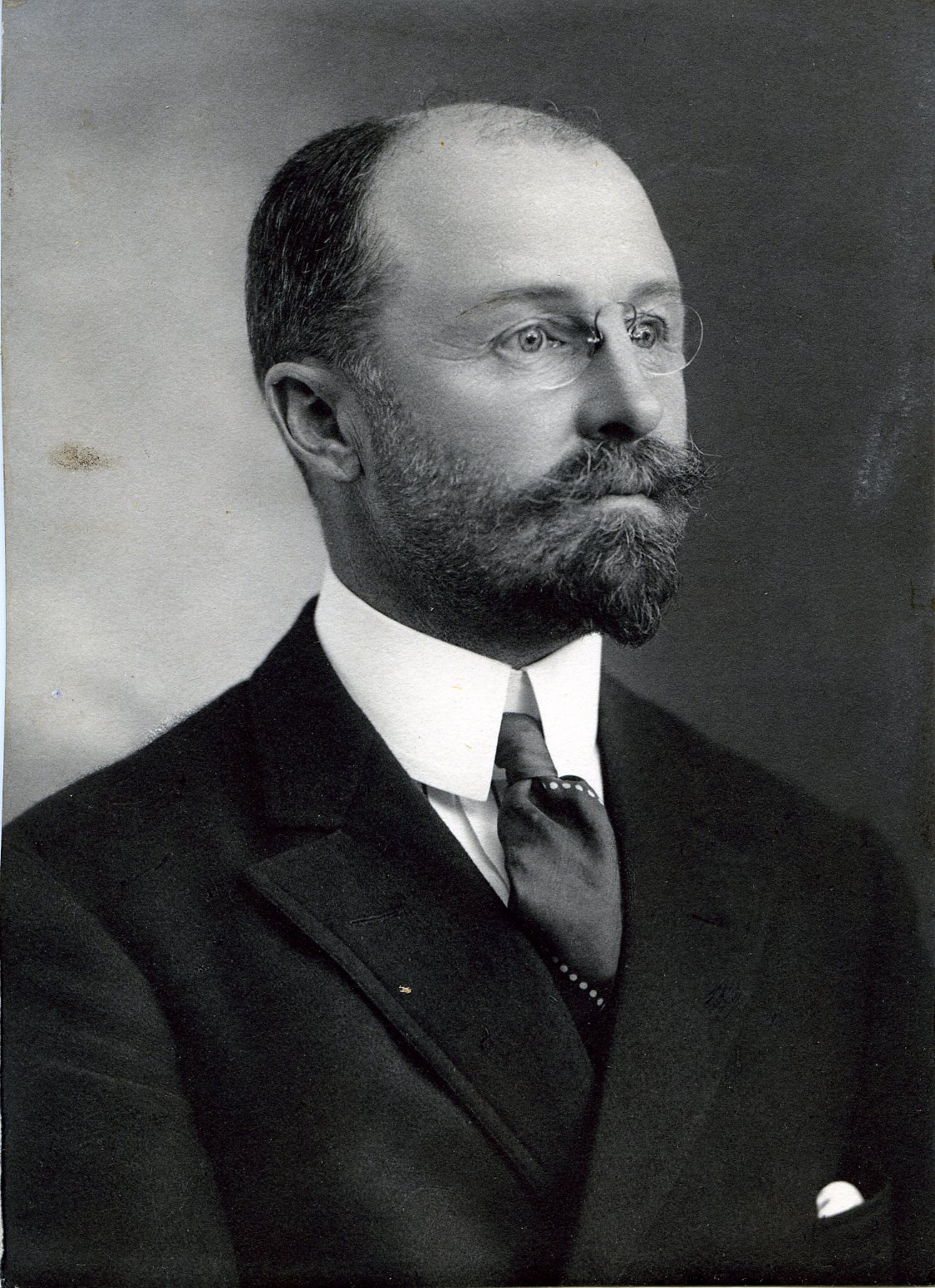 William J. MathesonManufacturerCenturion, 1907–1930
William J. MathesonManufacturerCenturion, 1907–1930 -
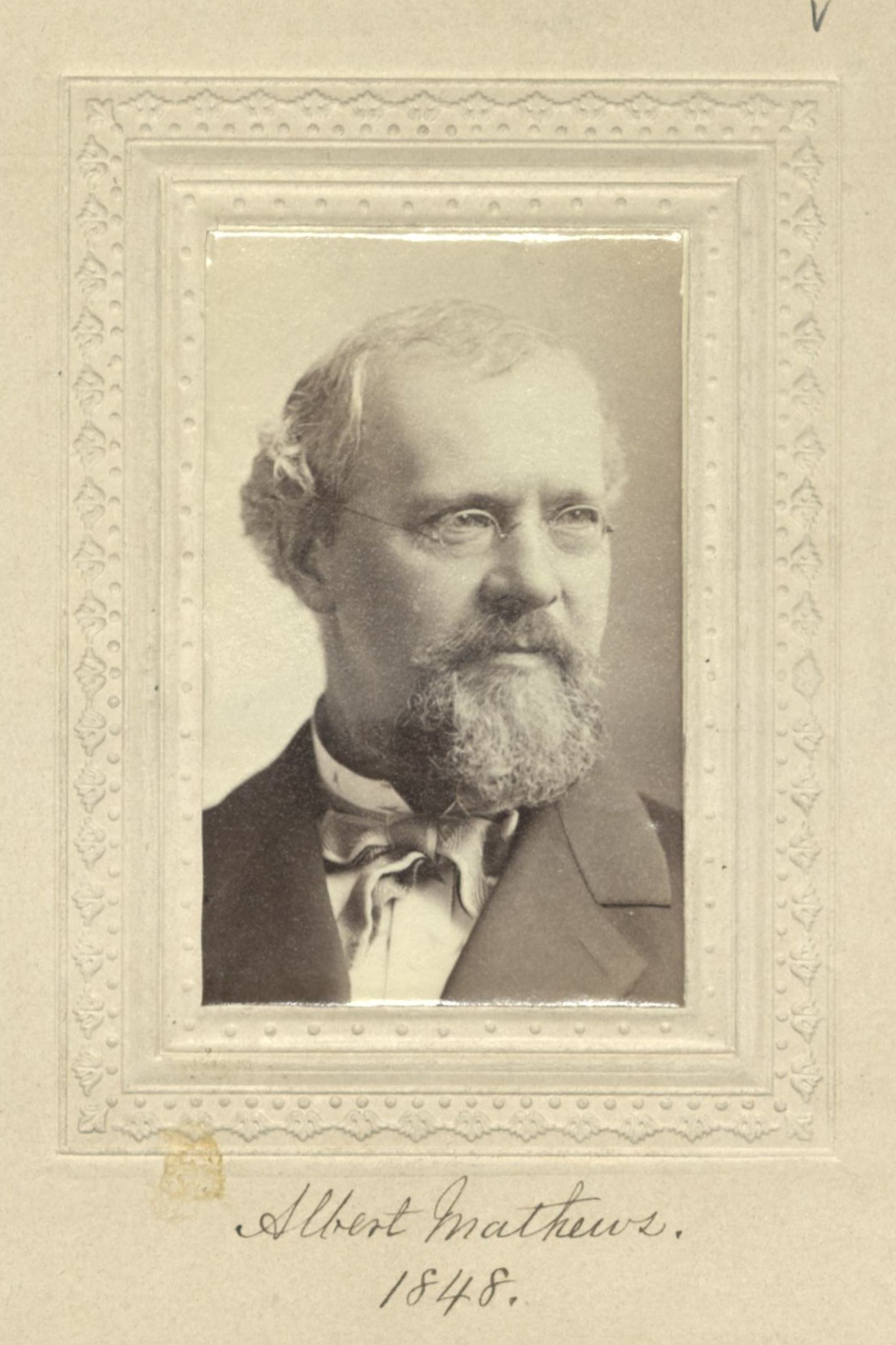 Albert MathewsLawyerCenturion, 1848–1903
Albert MathewsLawyerCenturion, 1848–1903 -
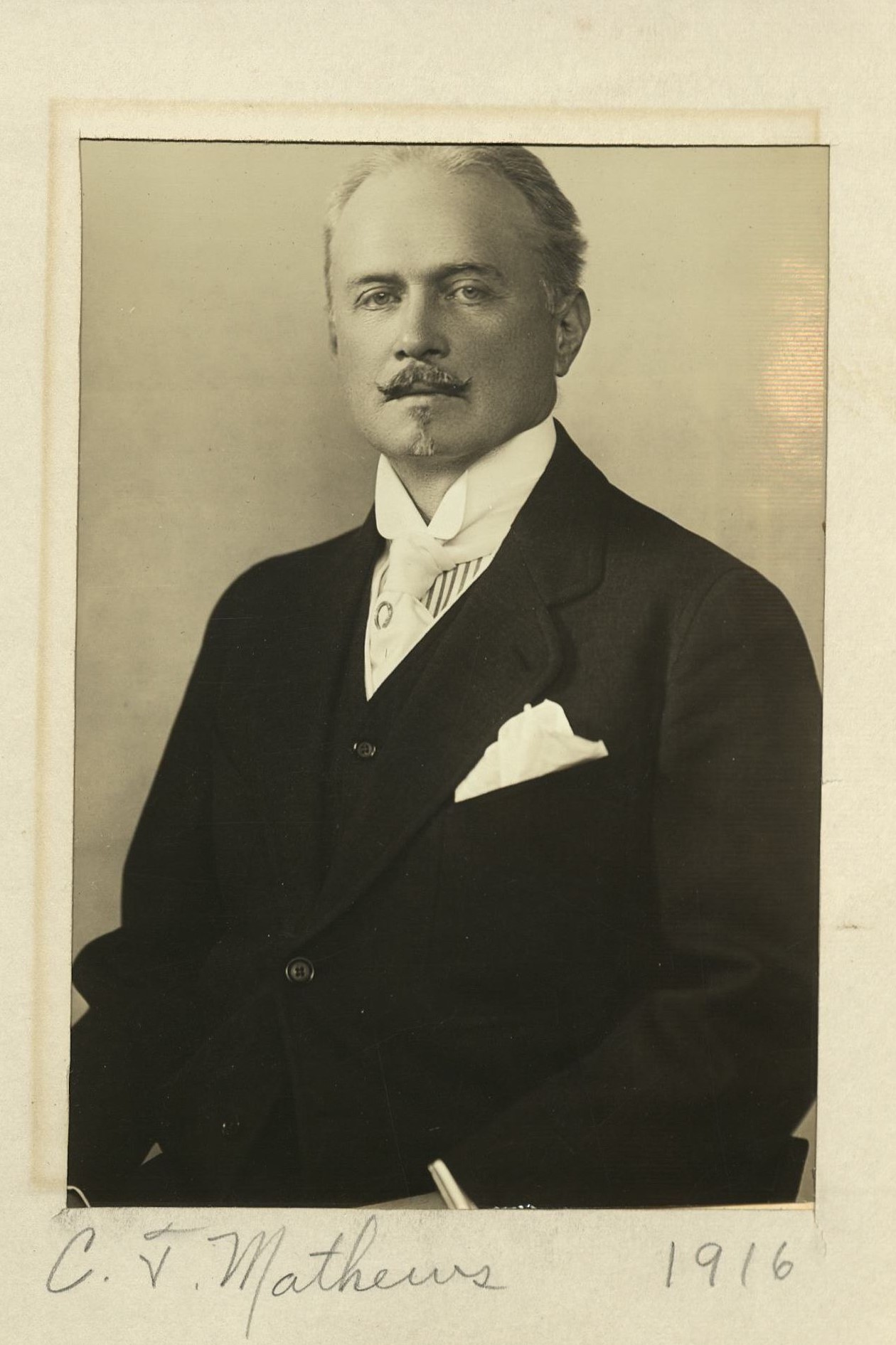 Charles T. MathewsArchitectCenturion, 1916–1934
Charles T. MathewsArchitectCenturion, 1916–1934 -
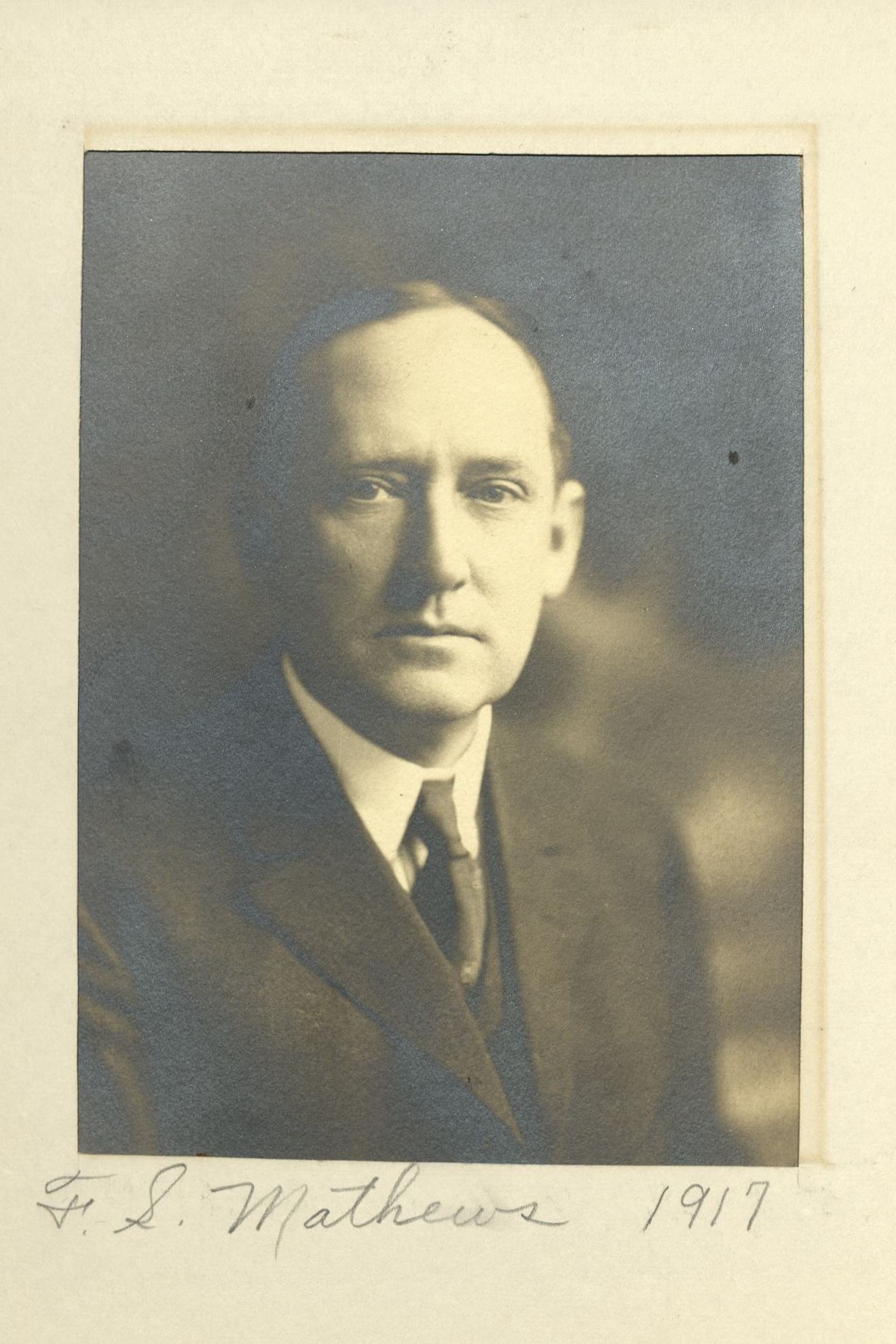 Francis S. MathewsSurgeonCenturion, 1917–1936
Francis S. MathewsSurgeonCenturion, 1917–1936 -
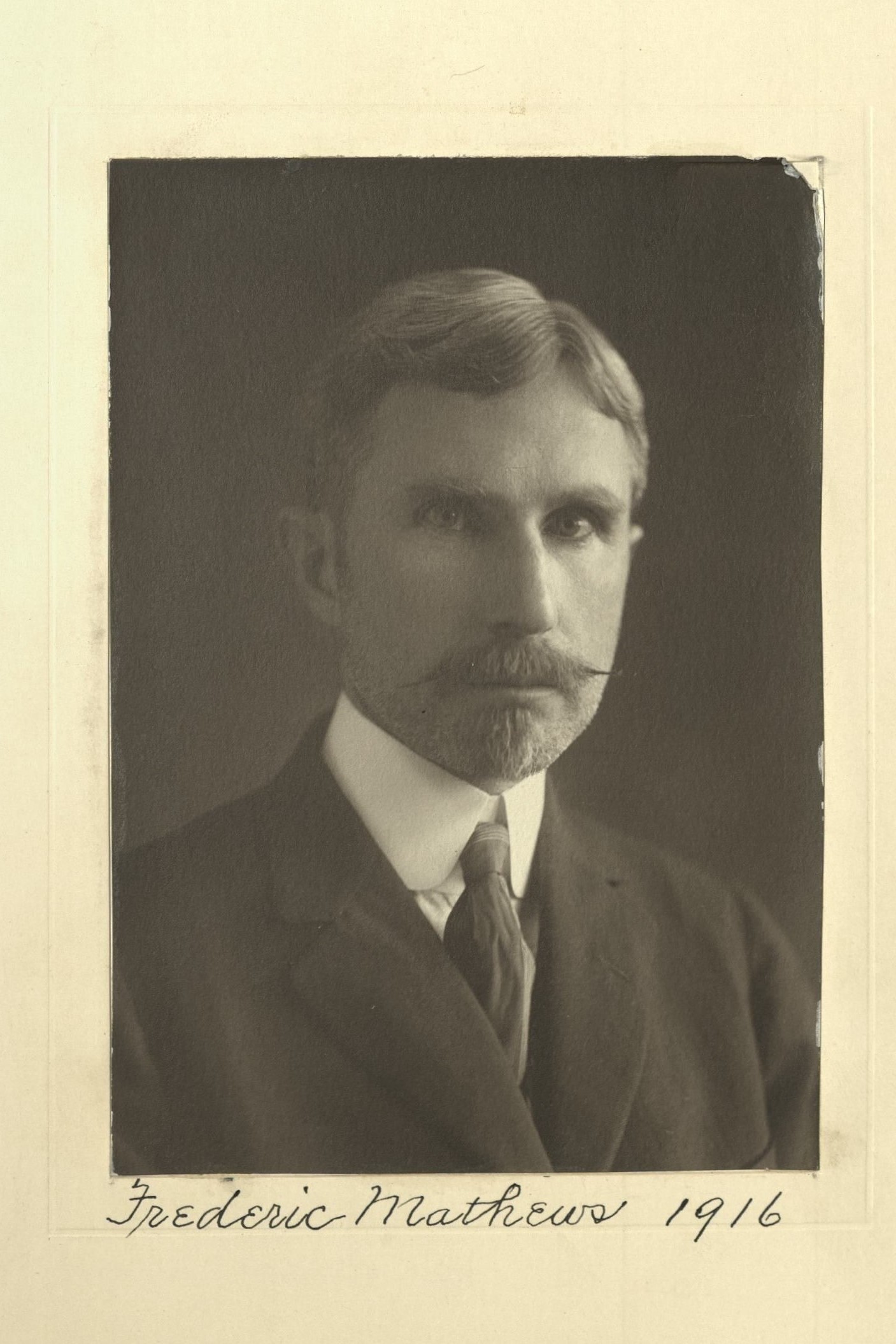 Frederic MathewsWriterCenturion, 1916–1941
Frederic MathewsWriterCenturion, 1916–1941 -
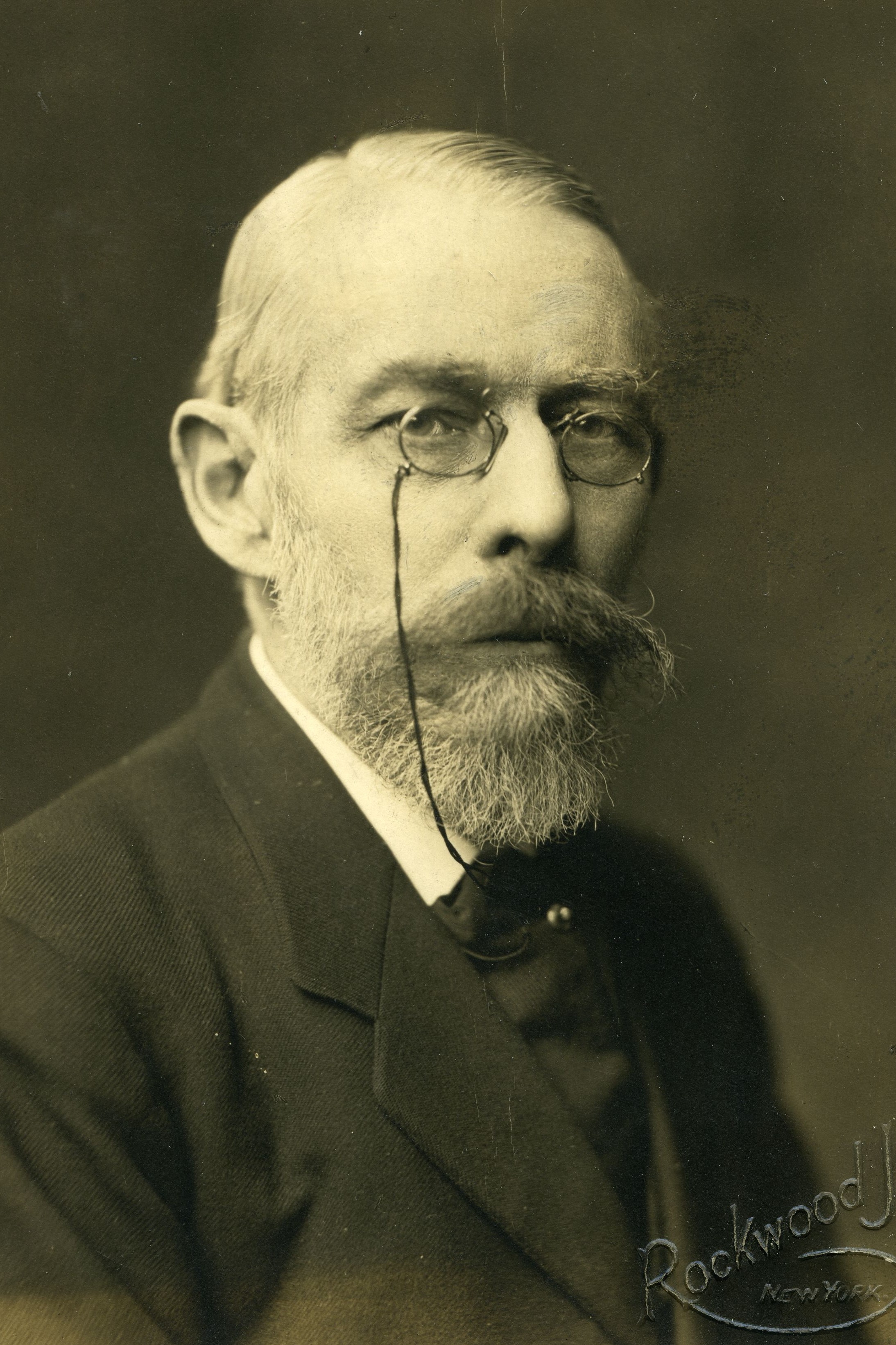 Brander MatthewsAuthorCenturion, 1886–1929
Brander MatthewsAuthorCenturion, 1886–1929 -
 Augustus MaverickJournalistCenturion, 1868–1870
Augustus MaverickJournalistCenturion, 1868–1870 -
 William Henry MaxwellSuperintendent of SchoolsCenturion, 1900–1920
William Henry MaxwellSuperintendent of SchoolsCenturion, 1900–1920 -
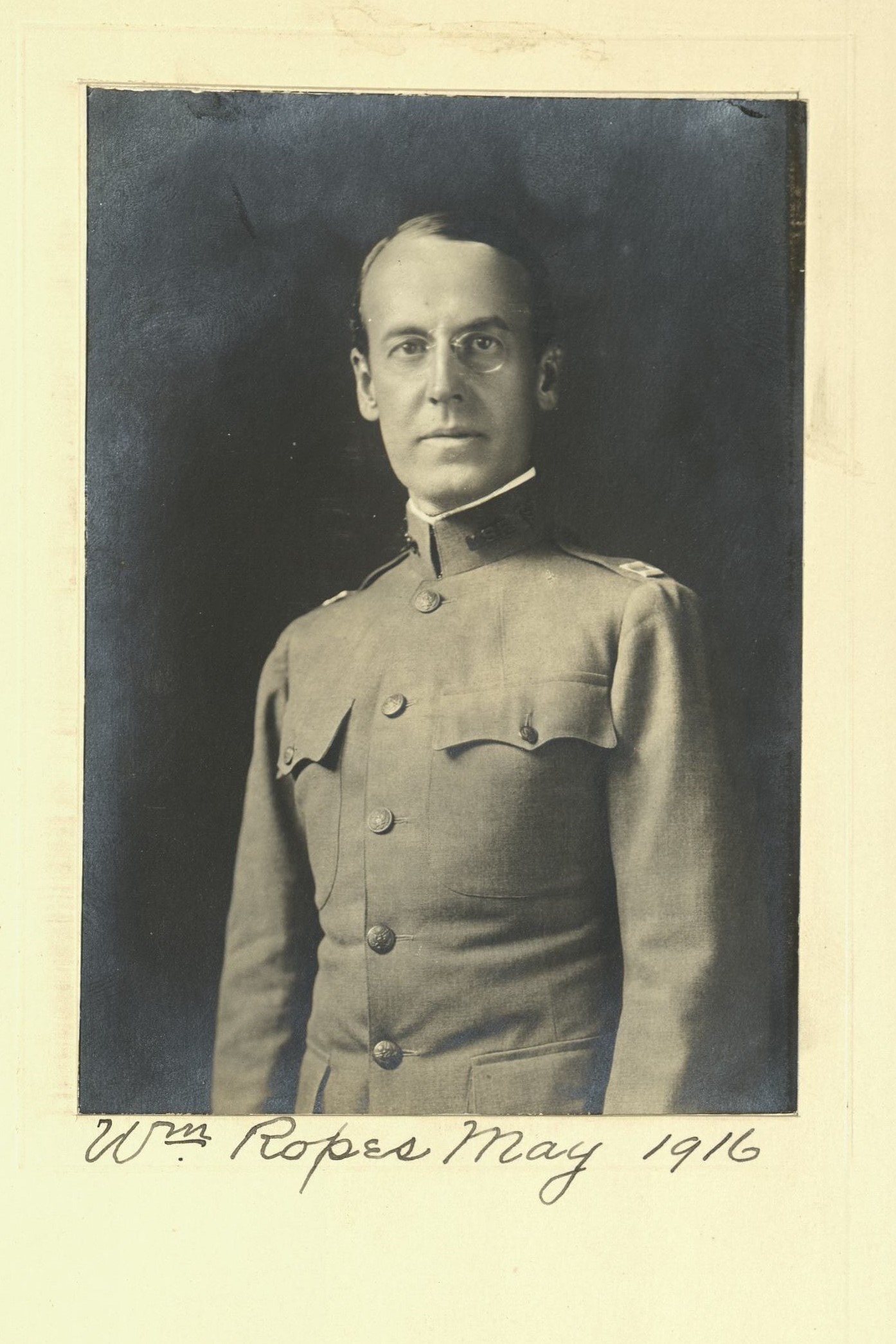 William Ropes MayPhysicianCenturion, 1916–1935
William Ropes MayPhysicianCenturion, 1916–1935
About The Member Directory (1847-1922)
Sources & Credits
The Membership Directory (1847-1922) – formerly known as the Century Association Biographical Archive (or CABA) – a project of the Century Association Archives Foundation, was created to support its public mission to make the historical records of the Century Association accessible for scholarly research. The first phase of this resource was published in 2018 with a cutoff date of 1890 for members’ year of election, a date chosen to correspond with the final year the Century occupied its old clubhouse on East 15th Street. In 2020 the database was expanded to include Centurions elected between 1891 and 1922, more than doubling in size to 3,383 individual member profiles and thereby representing about 30 percent of the club’s entire historical membership roster.
As far as possible, information and documents have been drawn from the Century’s own archives. Key collections are described in the finding aid. Additional sources are also identified below.
Member Identifications
Biographical Data
Professions
Proposers, Dates of Election, and Membership Tenures
Memorials Texts
The earliest tributes to deceased members took the form of resolutions passed at monthly meetings. Beginning in the 1860s, the club Secretary prepared a necrology and some descriptive text for the annual meetings held each January; over time these gradually lengthened and became far more informative. Composing the memorials remained the duty of the Secretary until 1950, when the club historian George W. Martin was assigned the task.
This collection includes slightly modified excerpts from two more contemporary resources, both by permission of their authors. William A. Frosch’s “Our Original Amateurs” (2010), a publication of the club’s Committee on the Archives, contains twenty-four sketches of the founding members who were not professional authors or artists. James Charlton’s capsule biographies for his “Centurions on Stamps” exhibition (2011) cover twenty-one subjects elected before 1891, which are reproduced here as well.
In preparing texts to upload to the website, the earliest memorials were transcribed from manuscript minutes. Later tributes in published book format were scanned on Bookeye 4 equipment, converted via an OCR process to .txt files, then imported into Microsoft Word. A team of volunteer proofreaders checked the files against the originals to ensure accuracy.
Portrait Photographs
The vast majority of the photographs were drawn from several folio albums of member portraits that the Century began compiling in 1862. Several images betray evidence of water or moisture damage; some of the album volumes in the Member Photograph Albums Collection have been disassembled and their contents dispersed. The photographs were scanned on a Bookeye 4 and cropped individually and sized to a uniform 3:2 aspect ratio.
Twelve rare images of various Century founders come from three copies of a book entitled The Sketch Club 1830–1847: Founders of the Century 1847. Each copy is unique, with slightly differing contents and sequence of photographs. One was Daniel Huntington’s personal copy in which he labeled the photos with the names of his Sketch Club and Century friends. The Frederick Hill Meserve Collection consists of two volumes of portraits in carte-de-visite format that were donated to the club in 1954 by the eminent collector of historical photographs and Lincolniana. A selection of 143 photographs from this collection has been included in the website.
Forms of Citation
For memorials texts, please cite the byline, subject’s name, original print publication, and the URL for the digital resource:
Cary, Edward. Memorial of Eastman Johnson. Century Association Yearbook (1907). In Century Association Membership Directory (1847-1922). Available at www.centuryarchives.org/member-directory. Accessed on December 6, 2018.
For portraits, please cite the subject name, original location, and the URL for the digital resource:
Portrait of Eastman Johnson. Century Association Archives, Member Photograph Albums Collection, Album 2, Leaf 62. In Century Association Member Directory (1847-1922). Available at www.centuryarchives.org/member-directory. Accessed on December 6, 2018.
For all other information, cite as follows:
Century Association Member Directory (1847-1922), q.v. “Eastman Johnson.” Available at www.centuryarchives.org/member-directory. Accessed on December 6, 2018.
Credits
Timothy J. DeWerff, Website Concept, Researcher, and Editor
Alexander S. Vastola, Scanning Technician and Proofreader
Nathaniel Granor, Data Engineer and Website Developer
Brynn White, Current Administrator
The editor wishes to acknowledge the contributions of scores of predecessors who have chronicled or preserved the Century Association’s history. There are too many to list individually, but Theodore Bolton, Viggo Conradt-Eberlin, Henry S. F. Cooper Jr., William L. Daniel, James H. Duffy, John Durand, Russell A. Flinchum, Sylvia Franklin, Rodman Gilder, John H. Gourlie, Jonathan Harding, Augustus R. Macdonough, Allan Nevins, Elihu Root, and George Templeton Strong merit special mention.
—TJD, December 2018










